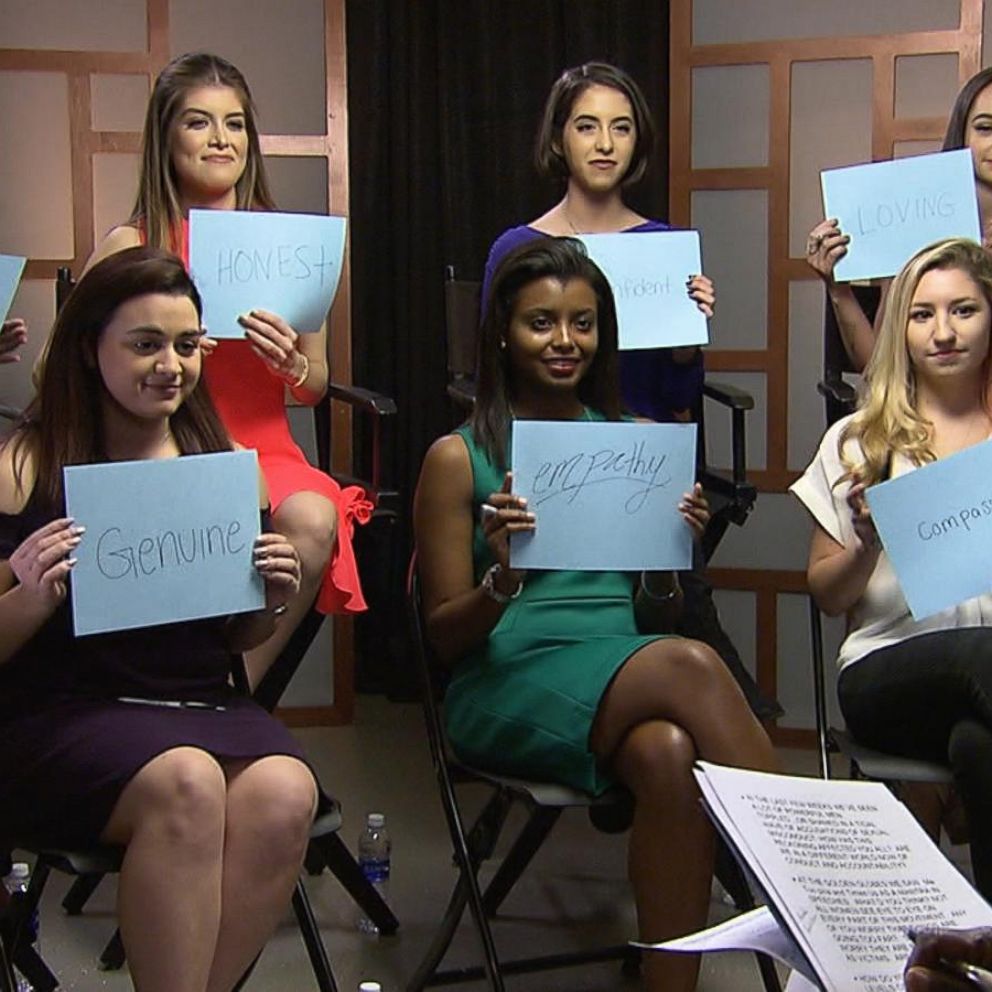Girls report 3 times more cyberbullying than boys, according to new report
Previous research has found girls face specific types of cyberbullying.
Girls are reporting three times as much harassment online as boys amid a nationwide rise in cyberbullying, new data shows.
Among middle and high school students, 21% of girls say they have been bullied online or by text messages, compared with less than 7% of boys, according to the National Center for Education Statistics (NCES).
While NCES' data does not reveal the gender of the online aggressors, experts say the majority of girls are bullied by other girls.
"Cyberbullying" is defined as bullying that takes place over digital devices like cell phones, computers and tablets. It includes sending, posting or sharing negative, harmful, false or mean content about another person, according to stopbullying.gov, a website managed by the U.S. Department of Health and Human Services (HHS).
Cyberbullying can also include sharing personal or private information about someone else that causes embarrassment or humiliation, the website notes.
The data in the NCES report released this month was taken from the 2017 School Crime Supplement (SCS) to the National Crime Victimization Survey, an annual survey of around 95,000 households conducted by the U.S. Bureau of Justice Statistics.
It follows a separate report released last year that found a majority of American teenagers say they have been bullied or harassed online and that teenage girls are more likely to be targeted for certain types of cyberbullying,
In the study from the Pew Research Center, boys and girls said they have been cyberbullied at similar rates (60% of girls, 59% of boys), but researchers found girls were more likely to be targets of online rumor-spreading and the receiving of unsolicited explicit images.
Since that study, social media sites have attempted to implement more restrictions around online abuse.
Instagram recently unveiled a new program that uses artificial intelligence to ferret out bullying comments.
The social media platform also has keyword filters that block out specific words associated with abuse and a new group-blocking feature that allows users to block entire groups of people, not just individuals.
If parents are concerned that their teen is being cyberbullied, stopbullying.gov recommends they take time to investigate their child's digital behavior.
First, parents can notice if their child has had a change in mood or behavior. Next, initiate a conversation about what is happening. Document what is happening by taking screenshots of online harassment.
Finally, many social media platforms and school have clear ways you can report cyberbullying.
ABC News' Catherine Thorbecke contributed to this report.






